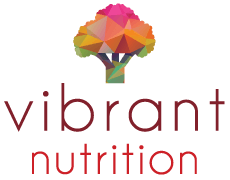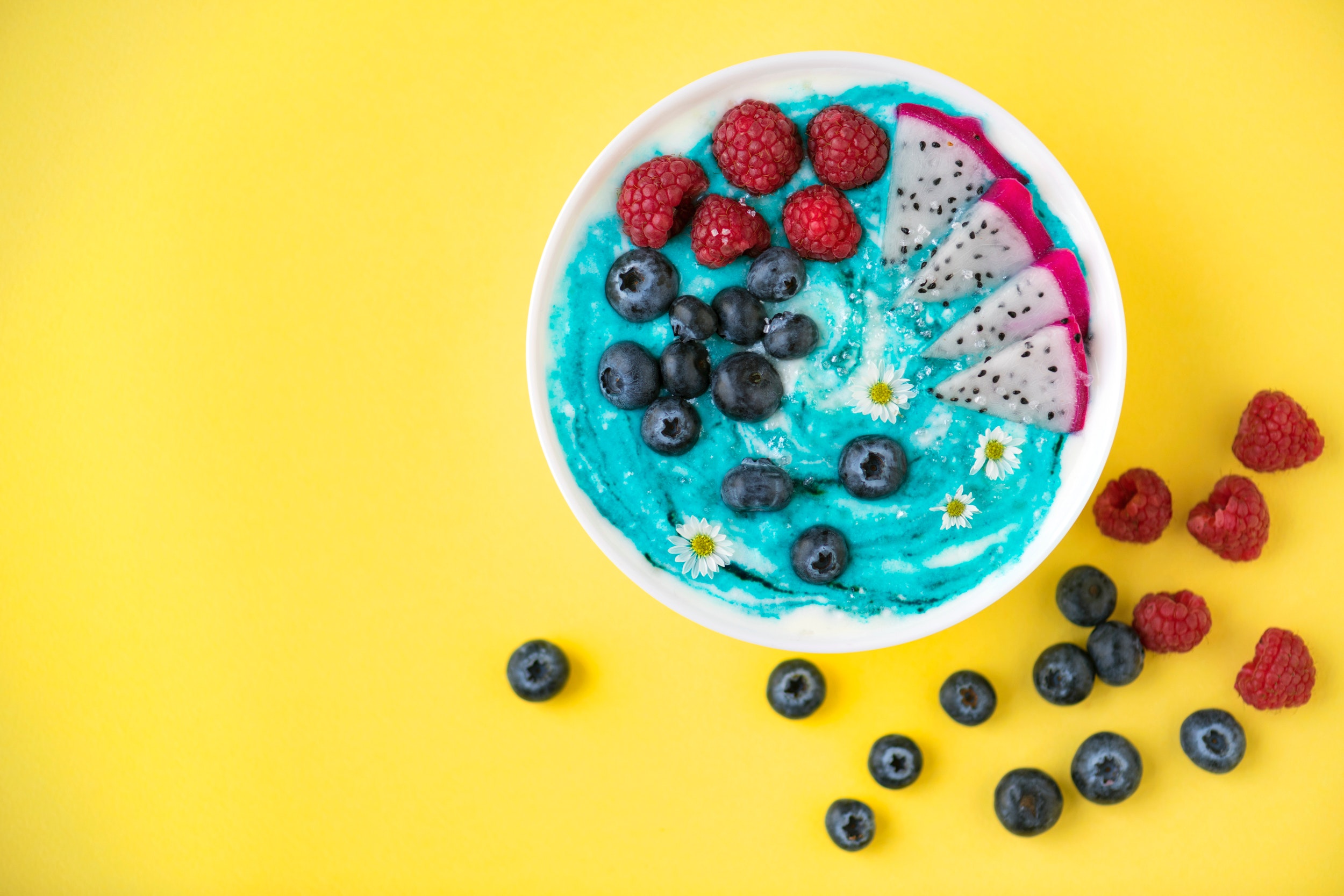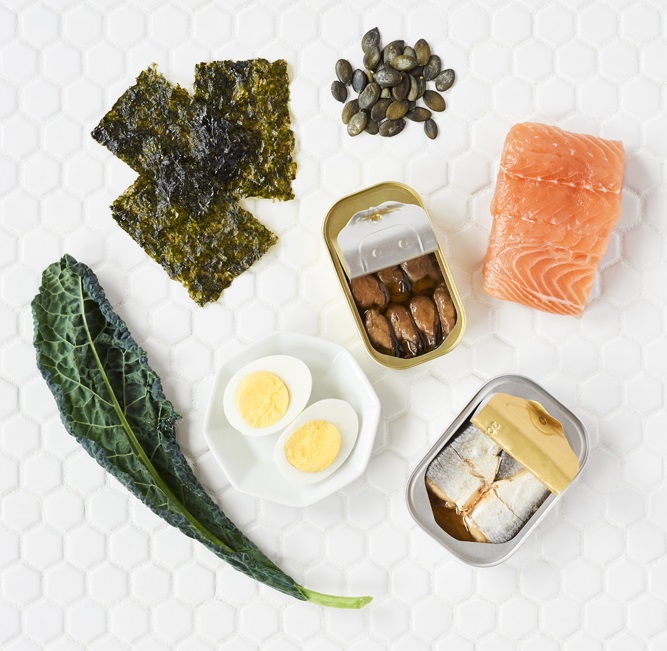June 1st, 2018
Social Media & Food- Keeping it Real
Is social media affecting your relationship with food? There has been a lot of buzz about the various ways that social media impacts our lives and sense of well-being: comparing our food, our children, our homes, lifestyles and our bodies (!), etc to those of highly curated and photoshopped “highlight reels” of other people. The majority of this discussion focuses on some form of “perfection” and often a message about foods to restrict/remove. There is some GREAT stuff on social media of course, such as creative ways to eat, beautiful imagery, and ways to eat more vegetables. But we must remember social media also has a MAJOR impact on our and our children’s relationship with food.
So how do you know what information is great and trustworthy? And what’s JUNK? Here’s our breakdown to help you get the best info and avoid the “questionable” content.
WHO is talking about food?
In short, everyone. Literally EVERYONE calls themselves a nutritionist of some variation. From dentists to coaches, everyone has a say. The reason why? A lot of people are looking for help with nutrition, meal planning, or just some food inspiration for dinner tonight- so there’s a huge audience for this type of content. Anyone and everyone can post pictures of their meals, nutrition tips, or diet plans online- from dietitians and other registered professionals to nutritionists, to wellness coaches, personal trainers, celebrities, busy moms and professionals, etc. Just because one person eats it or tired it doesn’t guarantee it will work for you or your child. You want to evaluate this before you act.
Can I trust online advice?
There is certainly LOTS of useful and accurate information online from many of these sources- and it’s easily accessible and often presented in an appealing way. But always consider the source when you’re looking for information regarding your health. Many powerful social media influencers are pushing products, services, or unattainable lifestyles and diets and have other motivations besides helping you eat nutritious and healthy meals. Do they use language like “best, only, number one, fastest, super-food, rapid, easiest, hack”?? It’s always best to double check the source if the advice sounds too good to be true or unrealistic. You will often find you may need to purchase this ONE pill, book, plan or app to get the info. Look for free vetted information from a credible source FIRST.
How is social media affecting my relationship with food?
Do you ever scroll through pages of perfectly arranged meals and smoothie bowls? Seriously, what’s with smoothie bowls? Why would you make a smoothie and then eat it in a bowl?
Looking at images of perceived “perfect foods and bodies” over time creates unrealistic expectations of what our food should look like, and it has been shown in studies to DISCOURAGE you from eating well, exercising or attempting a lifestyle change. In fact, it can drive negative eating behaviours more rapidly than in women who avoid food-related social media feeds. Why bother cooking when it won’t look as good as that?. Take it from us- beautiful food photos take time, a huge background mess, and by the time the perfect shot has come together, the food may no longer be edible (definitely not warm). While perfect plates are pleasing to the eye, and there’s certainly nothing wrong with inspiration, keep in mind that your food doesn’t need to be “instagrammable” to be nourishing and delicious. Food that looks “meh” sometimes tastes the best!
What are the positives of social media?
Social media has many bright spots for our nutritional journeys. More and more people are connecting, which is so crucial in this world. They are sharing health information, stories, recipes, and strategies. We have found many delicious dinner ideas (especially creative ideas for kids!) and suggestions for how to incorporate more of specific nutrients into our diets. We also love sites that compare protein sources, calories of processed versus homemade foods, and step by step demonstrations of cooking skills. This is great and helpful information that is available at our fingertips!
The negatives of social media
A study of online sources of health information found that many tend to portray restrictive eating habits. There is a massive online community promoting weight loss, extreme dieting and exercising, and harmful images of what healthy food and bodies look like, and when we’re browsing online it is essential to be aware of these messages. Detoxes, juice cleanses, food restrictions (groups, amounts, types), unsustainable quick-fix plans (no, keto will not work for everyone) and cutting out entire categories of food is not evidence-based, and can be incredibly harmful to your health in some cases. Beware of anything that pushes strange or restrictive eating habits! Always check what is being sold to you as you read.
The “Meh”!
While much less glamorous, this is where reality lives online! Regular pictures of food without professional lighting, babies with more food on their faces than in their mouths, sharing a common recipe with an ingredient substituted to make it allergen-free– these are examples of real life eating and more like what we can expect our eating experiences to be like. Rather than picture-perfect, focus on the experience of cooking and eating, and look for the relatable and practical advice being shared online.
What should I look for in good sources of information?
Look for accurate, reliable and current advice, from someone who qualifies as an expert in nutrition. Accounts of registered health professionals such as dietitians are required to show evidence-based and accurate nutrition information, with practical uses- these can be great accounts to follow! Or look for accounts that list their sources or provide them when asked. Is this a theory you are reading, or a process that has some sort of support in evidence Researchers and scientists as well as other health professionals may have basic information that is accurate, but not always applicable to you. In terms of content- beautiful photos are fine, but does the food presented make up a balanced meal? Is it unnecessarily restrictive? Is it trying to follow a specific diet plan (check the hashtags, they’re often listed there)? Is the source selling something? Use these filters before accepting any health advice online- and when in doubt, call a professional to double check.
Get offline and get cooking!
Canadians spend approximately 135 minutes per day on social media, and less than 30 minutes per day on meal preparation. That is a huge difference considering that we need to eat to live. Children need to learn from as young as 4 where food comes from, how to prepare it and how fun and simple that it can be to take care of themselves. They do not learn these skills in a formalized way anywhere but at home. Family time cooking is quality time! Feel free to snap a proud picture of your creation and share it- just don’t obsess with perfection and let it get cold!


